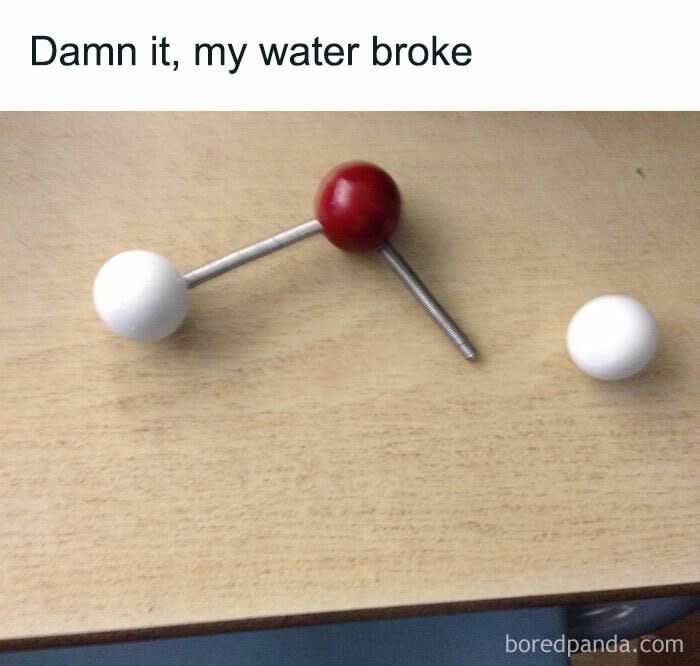Science is Fun: Making Complex Concepts Relatable Through Social Media

In an era where scientific breakthroughs and incremental progress are the norm, a unique social media project titled 'Science is Fun' has emerged to bridge the gap between complex science and public engagement. Launched by Tomas Rosko, the initiative uses humor and everyday scenarios to demystify scientific theories and equations, making them accessible and entertaining for all.
The project, primarily active on platforms like Instagram, X, and YouTube, has garnered attention for its innovative approach. By employing memes and engaging content, 'Science is Fun' aims to illustrate that even the most abstract scientific concepts can be surprisingly familiar and fun when presented in a relatable context.
The Paradox of Scientific Innovation
Despite the proliferation of scientists and an increase in research funding—from $3.5 billion in 1955 to $137.8 billion in 2020—critics like writer Kelsey Piper argue that the current era might not be the 'golden age' of science it's often portrayed to be. Piper points out that while there are more publications and patents than ever, the number of truly groundbreaking discoveries seems to be waning. She references the early 20th century, a period marked by transformative discoveries like nitrogen fixation, the structure of DNA, and quantum mechanics, suggesting that today's scientific output lacks similar disruptive innovation.
Research Indicates a Shift in Scientific Impact
A comprehensive study analyzing over 25 million papers and 3.9 million patents from 1945 to 2010 supports Piper's observations. This research, employing a 'CD index' to measure the disruptiveness of scientific work, found a significant decline in papers that forge new paths in research. For instance, in social sciences, the disruptiveness score dropped from 0.52 in 1945 to 0.04 in 2010, indicating a shift towards consolidating existing knowledge rather than pioneering new directions.
Policy and Funding Challenges
Piper suggests that this slowdown might not be due to a lack of potential discoveries but rather due to flawed policy choices in how scientific research is funded and managed. She highlights the case of Katalin Karikó, whose early work on mRNA vaccines faced significant funding hurdles. The current system, which often requires scientists to spend half their time on grant proposals, could be diverting focus from groundbreaking research to incremental studies that satisfy funders and tenure committees.
The Role of 'Science is Fun'
In this context, 'Science is Fun' plays a crucial role not just in public education but also in sparking interest in science among potential future scientists. By making science enjoyable and understandable, Rosko's project might inspire the next generation of researchers who could lead the charge in new scientific frontiers.
For those interested in exploring more, previous articles on 'Science is Fun' by Bored Panda offer a deeper dive into the initiative's impact and content.
As science continues to evolve, initiatives like 'Science is Fun' remind us that while the pace and nature of scientific discovery might have changed, the potential for wonder and innovation remains undiminished, waiting for the right spark to ignite new explorations.
